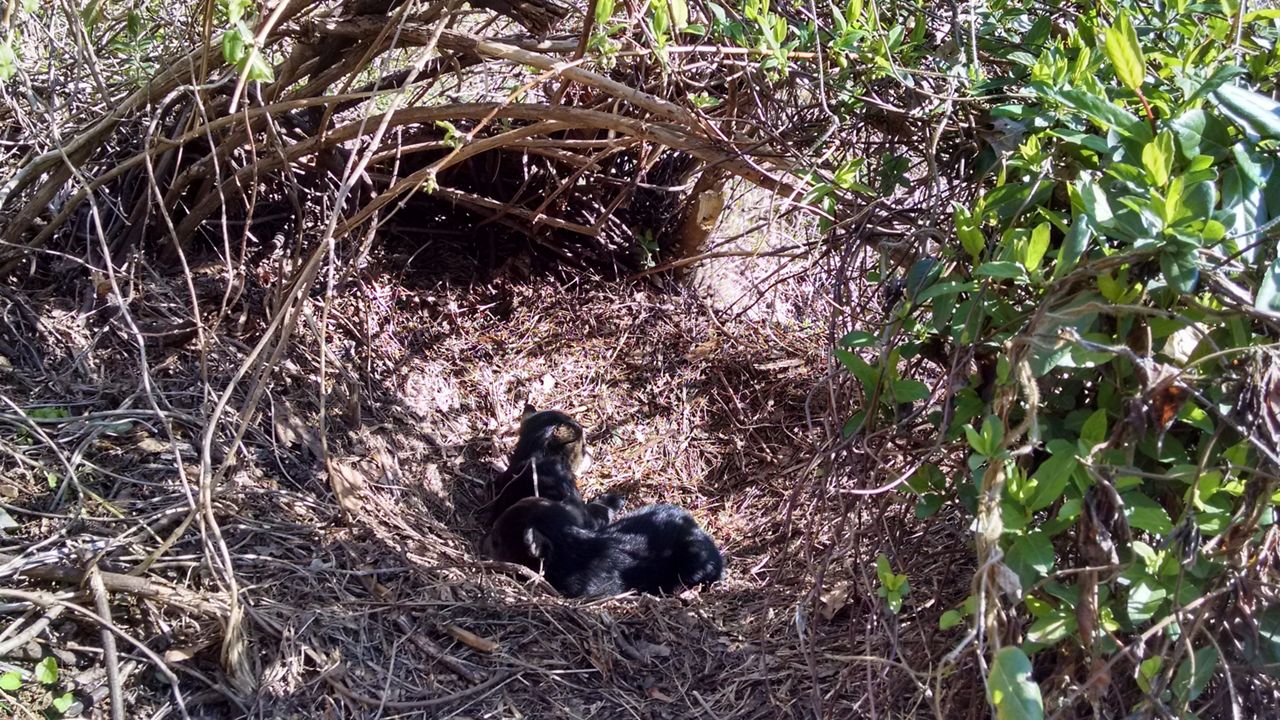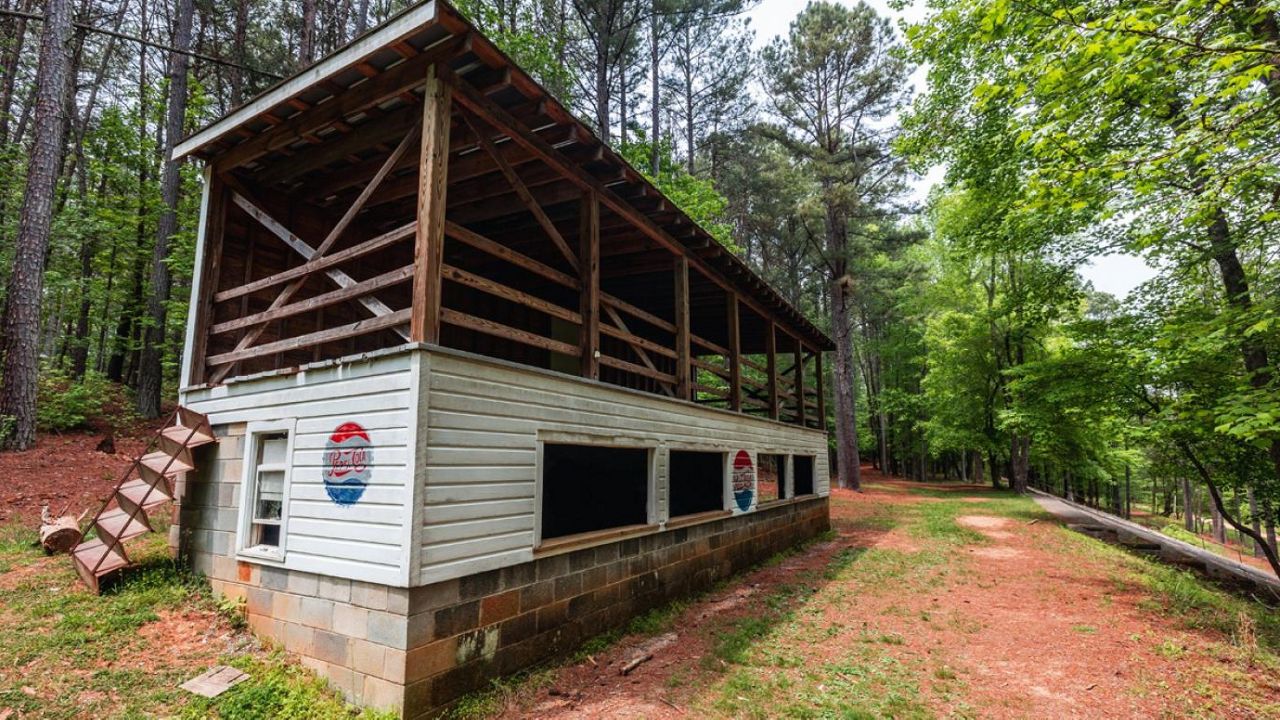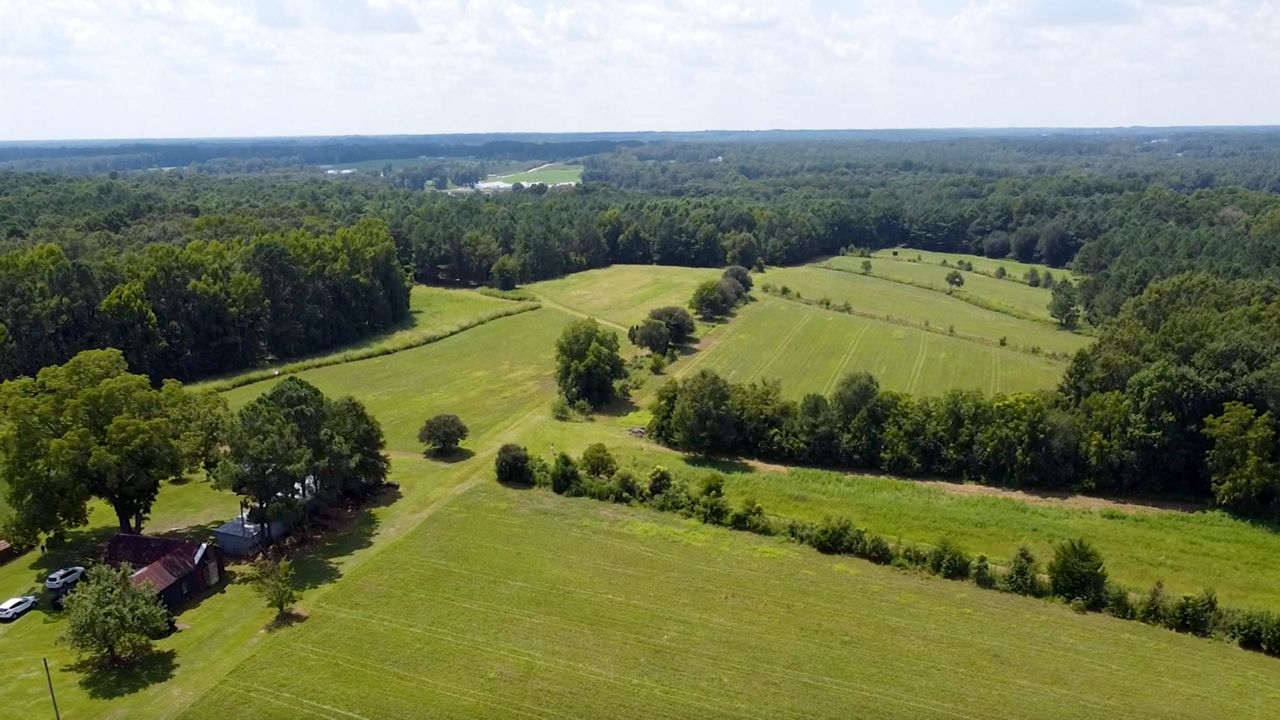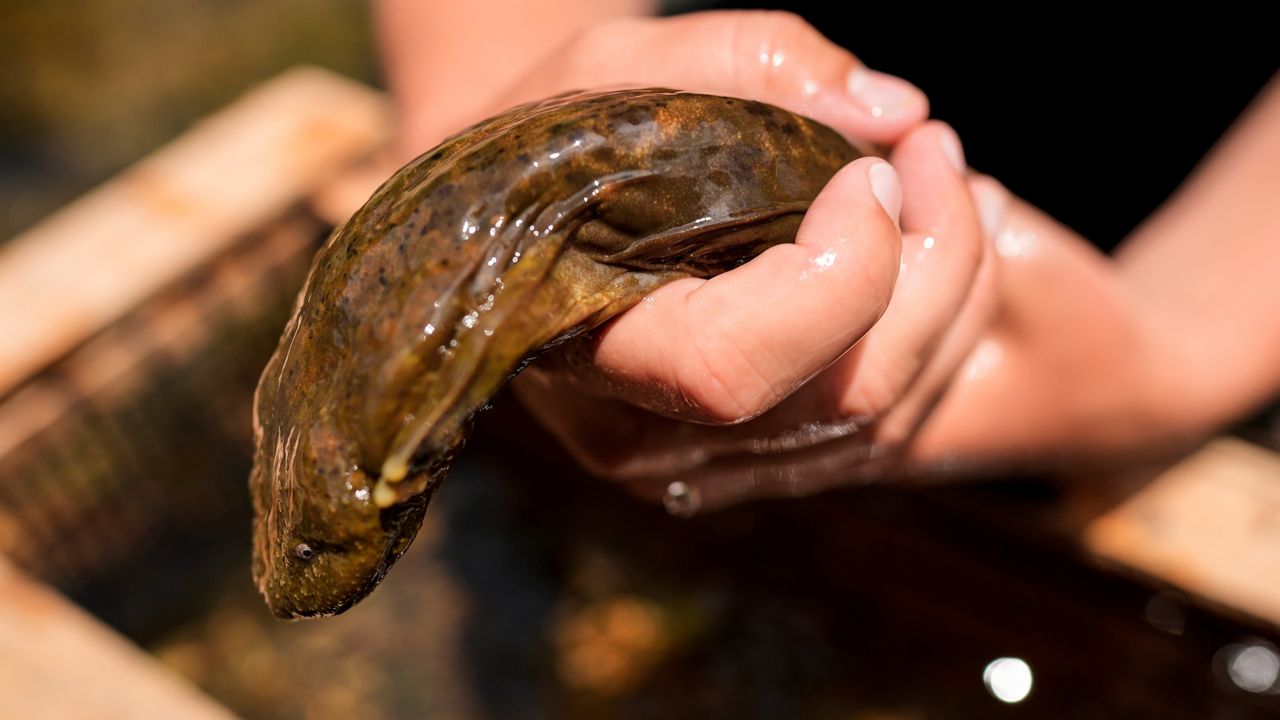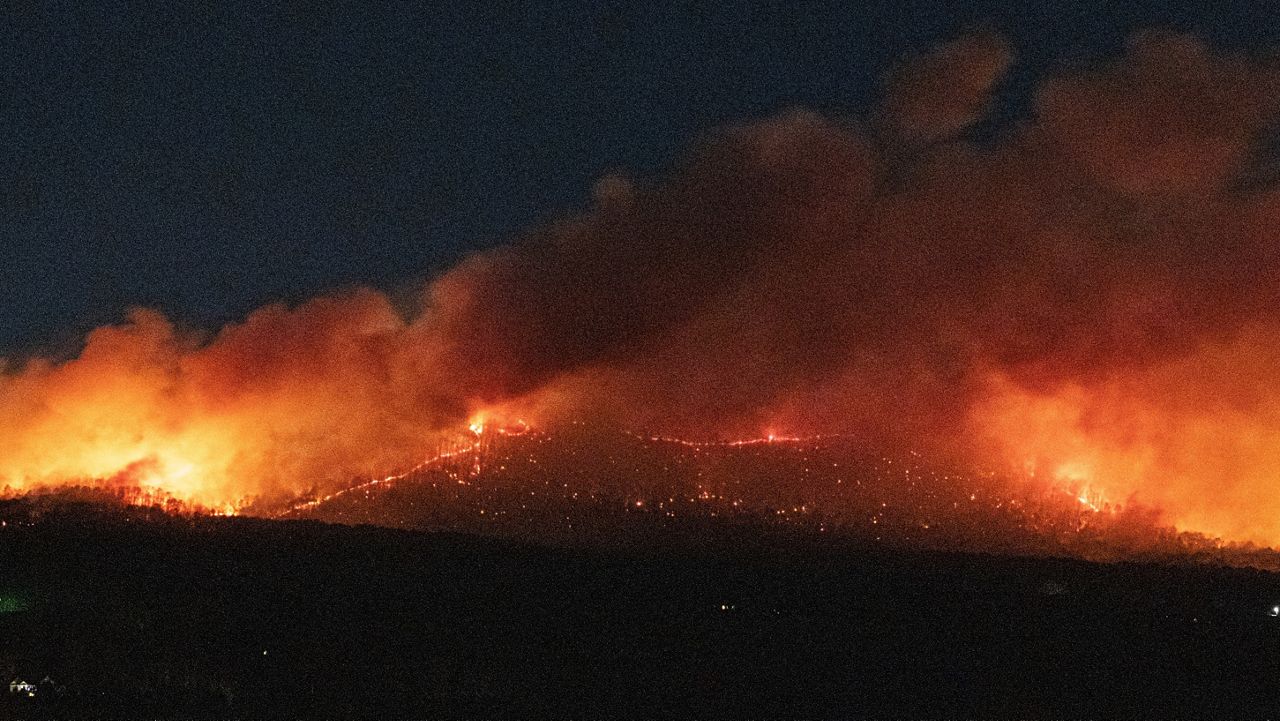The North Carolina Wildlife Resources Commission is asking residents to be on the lookout for sleeping bears as spring nears.
The commission said black bears are known to wander into residential areas in their search for a winter den, sometimes ending up right in your backyard.
Black bears are the only bears found in the eastern U.S., and in North Carolina they live in the mountains or by the coast, generally avoiding the Piedmont region.
Like most bears, black bears hibernate through the winter, usually between November and April.
In more developed areas, black bears are resourceful when it comes to finding a makeshift den, with some North Carolina residents reporting finding them in backyard sheds or under decks.
The commission asks that anyone who suspects a bear den on their property avoid the area as much as possible, as too much noise or activity can disturb hibernating bears or cause mothers to abandon their cubs.
Cubs are born between mid-January and early February and stay in the dens with their mothers until spring.
Black bears are the smallest of the three bear species in the U.S., with adult males averaging about 400-500 pounds. North Carolina holds the world record for the largest black bear captured in the wild, an 880-pound male from Craven County, according to the commission.
People can safely cohabitate with sleeping black bears, the commission's bear expert Colleen Olfenbuttel said.
“Denning bears are not interested in engaging with people as long as people leave bear dens alone,” she said.
Unlike their larger cousins, black bears are not usually aggressive and tend to avoid people when they can.
As people spread further into their habitats, some black bears have started making their winter homes in more densely populated areas, the Wildlife Commission said.
It's best to tread carefully when exploring hollowed trees or rock cavities, there could be a sleeping bear, or a few, taking a winter nap.
Black bears are also known to make ground nests, which the commission said usually look like giant bird nests, made out of brush and foliage.
Residents should contact the commission if they find a den in a residential area or suspect a cub has been abandoned by its mother. In 1976, North Carolina began the country’s first bear cub rehabilitation program, where abandoned cubs are cared for until they’re big enough to be released into the wild.
The N.C. Wildlife helpline can be reached at 866-318-2401 if you find a den in your crawl space, shed or under your deck. You can also reach out to your district biologist for questions or concerns about wildlife in North Carolina.




